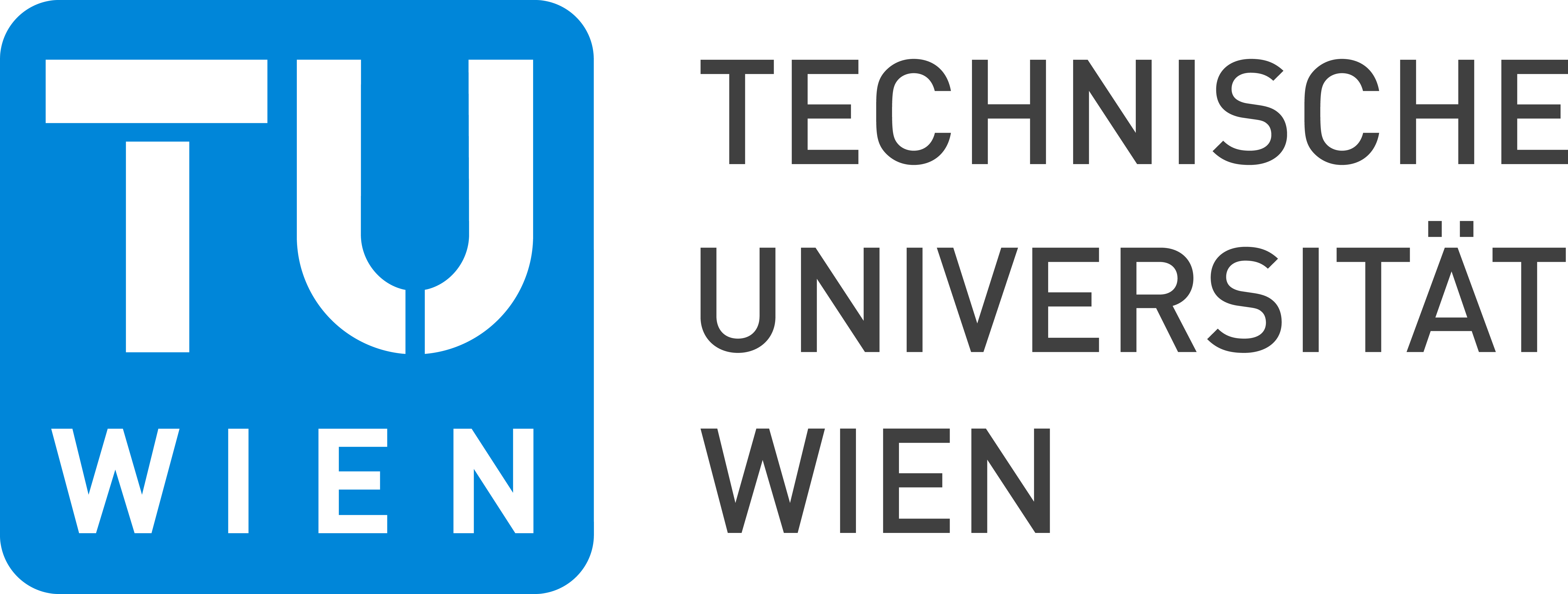Paper accepted at INDOCRYPT 2022
Recently a paper got accepted for publication at the 23rd International Conference on Cryptology in India - INDOCRYPT 2022. More information can be found here and the abstract can be found below.
Behzad Abdolmaleki, Daniel Slamanig: CRS-Updatable Asymmetric Quasi-Adaptive NIZK Arguments. 23rd International Conference on Cryptology in India - INDOCRYPT 2022, December 11-14 2022, Kolkata, India.
Abstract: A critical aspect for the practical use of non-interactive zero-knowledge (NIZK) arguments in the common reference string (CRS) model is the demand for a trusted setup, i.e., a trusted generation of the CRS. Recently, motivated by its increased use in real-world applications, there has been a growing interest in concepts that allow to reduce the trust in this setup. In particular one demands that the zero-knowledge and ideally also the soundness property hold even when the CRS generation is subverted. One important line of work in this direction is the so-called updatable CRS for NIZK by Groth et al. (CRYPTO’18). The basic idea is that everyone can update a CRS and there is a way to check the correctness of an update. This guarantees that if at least one operation (the generation or one update) have been performed honestly, the zero-knowledge and the soundness properties hold. Later, Lipmaa (SCN’20) adopted this notion of updatable CRS to quasi-adaptive NIZK (QA-NIZK) arguments.
In this work, we continue the study of CRS-updatable QA-NIZK and analyse the most efficient asymmetric QA-NIZKs by González et al. (ASIACRYPT’15) in a setting where the CRS is fully subverted and propose an updatable version of it. In contrast to the updatable QA- NIZK by Lipmaa (SCN’20) which represents a symmetric QA-NIZK and requires a new non-standard knowledge assumption for the subversion zero-knowledge property, our technique to construct updatable asymmetric QA-NIZK is under a well-known standard knowledge assumption, i.e., the Bilinear Diffie-Hellman Knowledge of Exponents assumption. Furthermore, we show the knowledge soundness of the (updatable) asymmetric QA-NIZKs, an open problem posed by Lipmaa, which makes them compatible with modular zk-SNARK frameworks such as LegoS- NARK by Campanelli et al. (ACM CCS’19).



